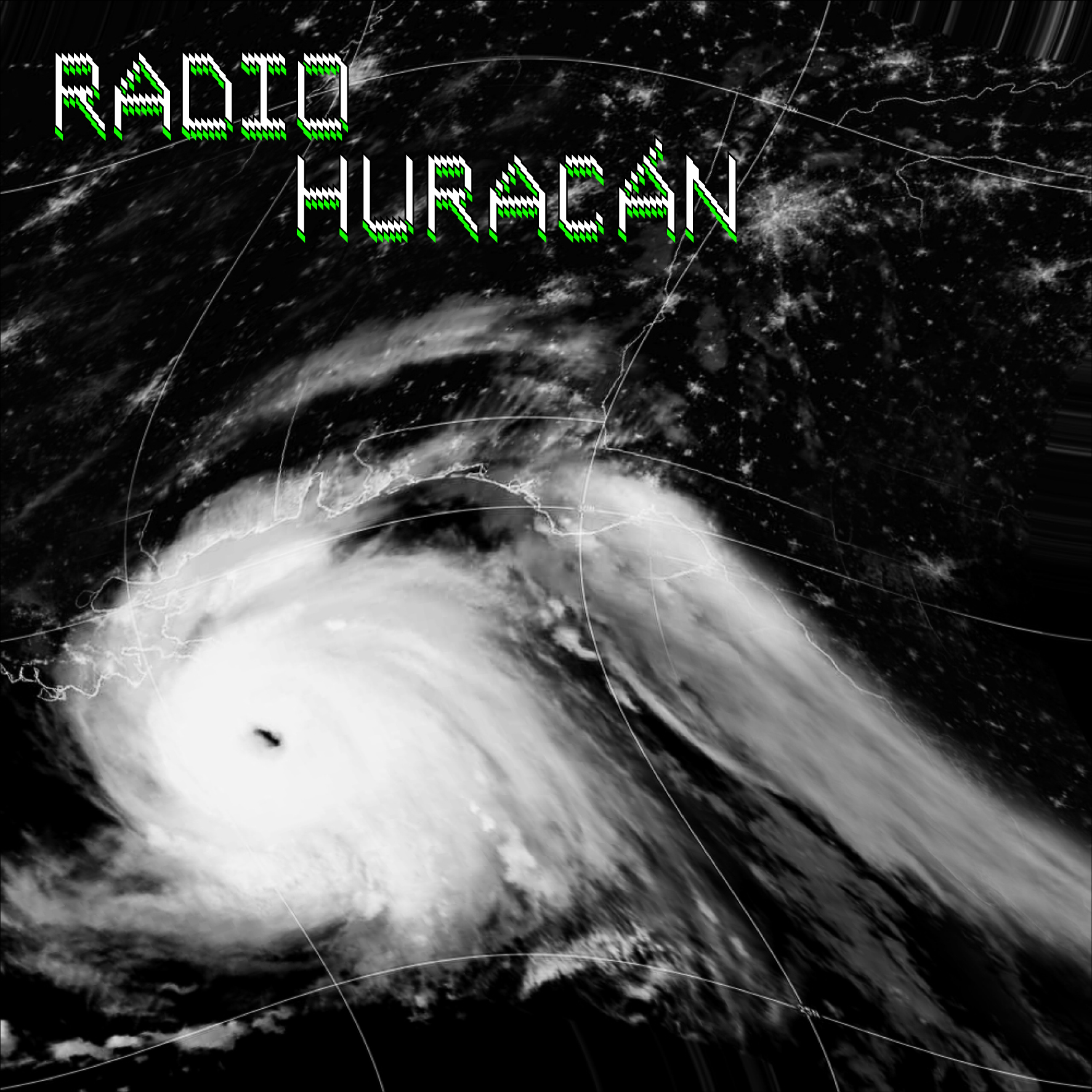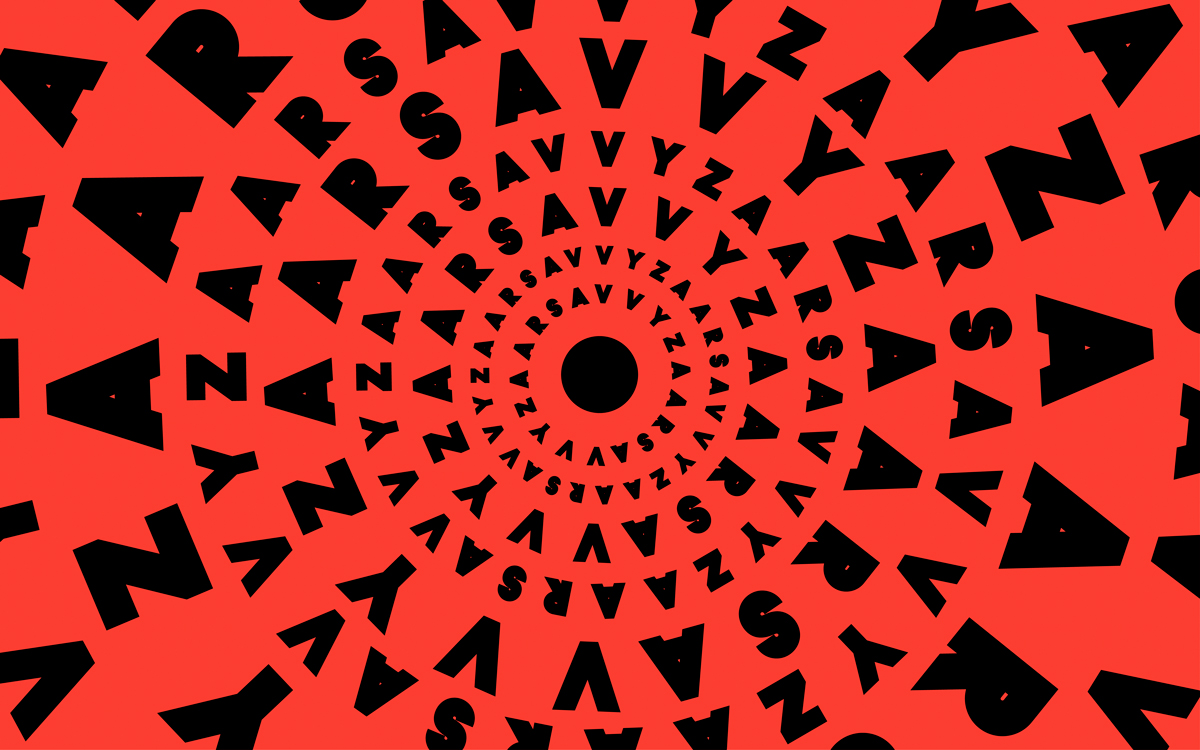Radio Huracán

Radio Sonntags 16:00–18:00
Mit Wairimū Nduba, Prince COE &&
SAVVYZΛΛR Online-Übertragung und im Radio auf 88.4 FM in Berlin & 90.7 FM in Potsdam
Sendungen
03.03.2024 Episode 1 Mit Wairimū Nduba
21.04.2024 Episode 2 Mit Princecoe
We are delighted to collaborate on the radiowaves with Radio Huracán, a programme generating encounters, or “sonic hurricanes,” that function as spaces where sounds meet and collide continuously: (r)evolving languages, rhythms, sounds, landscapes, and space-time, from which the frequencies that articulate the reverberations and symbolic force of the hurricane are broadcast.
As part of the 2024 programming of Radio Nopal (a Community Radio based in CDMX, Mexico), Radio Huracán consists of six stages which emulate the creation and movement cycles of the hurricane. Each stage will be hosted by the project founders Tatiana Rais and Mario Lianos and will feature the participation of different guests made up of artists, researchers, and musicians residing in America, the Caribbean, and Africa. Each episode in the six-part series is followed by a curated playlist by the invited speaker. Radio Huracán recognizes playlists as spaces of enunciation and platforms for narrating different socio-cultural, historic, political, and economic struggles.
With the desire to create their own utopia of time and rhythm, to invoking the hurricane as a metaphor for representing the movement of non-physical frequencies across the Atlantic-between Africa and the Americas/Caribbean — Radio Huracán aims to (de)construct the relationship of the body with rhythms, times, dance, poetry, and the body itself. This radio program is grounded in the philosophical thinking of the Barbadian poet and writer Kamau Brathwaite, influenced by his assertion, “the hurricane does not roar in pentameter”. It is intended to understand how rhythms and times develop in and from Africa and the Caribbean, and how they construct a form of thought and struggle inherent to the spatiotemporal and geographical relationship within bodies: defying the orderly rhythms of pentameter, and holding a potency of untamable nature.
Tatiana Rais is a curator and cultural manager. She is the co-founder and director of Espacio Odeón, a platform in Bogotá for experimentation in contemporary art and community practice. She is an active member of coopia, a cooperative experiment committed to action through inhabiting and learning with the socio-environmental trans-formation of territories. She is also a musical selector and lives and works in Bogotá, Colombia.
Mario Llanos is a curator and co-founder of the Research and Residence Program La Usurpadora (2011–2021). He is currently working on the construction of the Passage Research Center (PRC) project, which aims to create a multilingual, transatlantic digital archive with interests in Pan-Caribbean notions and ideas. He lives and works in Puerto Colombia, Colombia.
03.03.2024 Episode 1
The episode features Wairimũ Nduba: Kenyan researcher, teacher, and Kenyan musician whose inquiry works through musical history, and curation. Her work focuses on the nuanced intersectionality within Kenyan music and is based on the idea that research is playful, immersive, and a collective effort. Through her explorations, she seeks to unify film, photography, and ornamentation as central parts of African musical stories. She is also the creator of "Wer Jokenya", a digital archive platform that aims to celebrate the musical history of Kenya, built on collective and community memory.
21.04.2024 Episode 2
This second episode invites Princecoe, a Pan-African musical artist who intertwines a plurality of perspectives in his melodies: from history and science to archaeology, philosophy, faith, and divinity. Coming from a royal lineage of the ancient Kingdom of Bini (Benin) in the Edo State of Nigeria, his music draws inspiration from the influence of vernacular systems of sound and wide-ranging historical events. With a strong belief in the potential of a united world, Princecoe emphasizes the crucial role of African unity in achieving global harmony in his musical productions with the intention of critically educating future generations to leave lasting impacts on the mind, body, and spirit. The conversation ends with a playlist by Princecoe enunciating his stories, inspirations, and resonant struggles through song.

